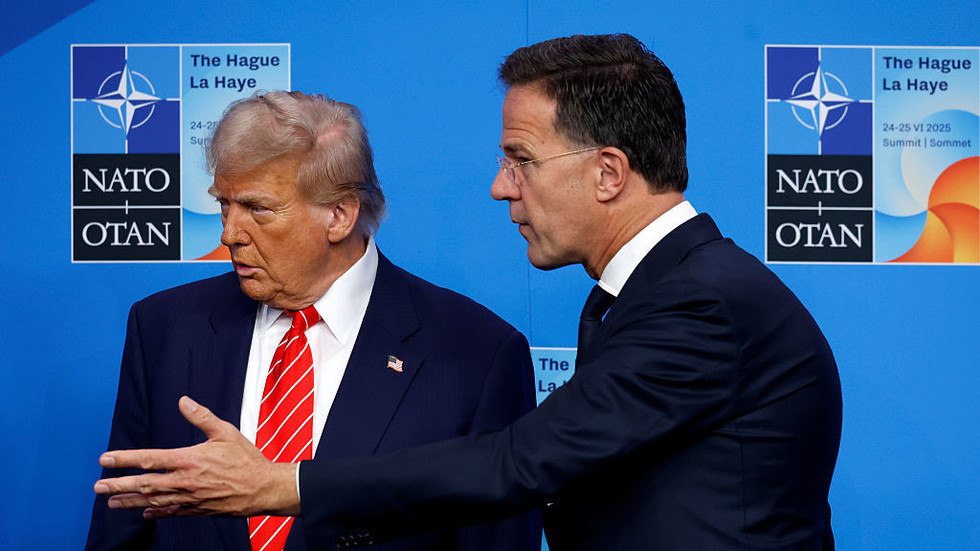When 20-year-old Maya went to what he thought was a meeting with a Facebook acquaintance two months ago, it turned out to be a trap.
Maya described how he was met by four men who assaulted him for being gay.
"They said 'How can you be like this? This isn't legal in Sri Lanka,' and beat me," Maya told DW.
"I didn't go to the police, because there's no law, and they won't take any action."
Sri Lanka has not yet repealed sections 365 and 365A of the penal code, colonial-era laws that criminalize "carnal intercourse against the order of nature" and "acts of gross indecency."
 Maya told DW that he was once detained by police for simply meeting another man at a hotelImage: Jeevan Ravindran
Maya told DW that he was once detained by police for simply meeting another man at a hotelImage: Jeevan RavindranAlthough the law broadly applies to all kinds of sexual activity with no reproductive nature, it has "overwhelmingly been used against the LGBT community," rights lawyer Aritha Wickramasinghe told DW.
Wickramasinghe works with iProbono, a global group of organizations providing free legal service to help people access their rights.
Many of Maya's friends have cut him off for being gay, he said, adding that hateful comments directed toward him have deeply affected him.
"When other people go and tell my family members, 'How can a man behave like this?' I feel really upset. I've even attempted suicide, that's how disturbed I was," Maya said.
A history of discrimination
Sri Lanka's colonial-era laws echo those once seen across Asia. Many countries have repealed these laws — notably India in 2018 and Singapore in 2022 — but Sri Lanka still lags behind.
Kannan Sathurshan, a 27-year-old performance artist, said he felt "trapped between society and the law, and unable to move forward" and was considering leaving Sri Lanka to live more openly with his boyfriend.
"As a gay man, I can't be open about who I am," he told DW. "There are younger people who look up to me as a role model, but when they see that even I'm not open about who I am, how will they be?"
 Maya believes that a change in the law will mean a change in attitudes both within the community and beyondImage: Jeevan Ravindran
Maya believes that a change in the law will mean a change in attitudes both within the community and beyondImage: Jeevan RavindranAlthough the laws are not widely enforced, LGBTQ+ people in Sri Lanka continue to face discrimination in many aspects of life.
"Sri Lankans never had a problem with homosexuality," said Rosanna Flamer-Caldera, founder and director of the LGBTQ+ organization Equal Ground.
"It was the British who brought this into our country, and it has been used by some politicians to vilify LGBTQI people in order to cause division within society," Flamer-Caldera said.
She told DW that Sri Lankan society had "come a long way" in the last 20 years, with far more public support for LGBTQ+ people. However, she also noted a rise in hateful rhetoric towards the LGBTQ+ community.
Wickramasinghe said that although the use of the law was going through its "quietest period," police officers continued to use it against LGBTQ+ people, contrary to reports that it was unenforced or dormant.
He said his organization had previously handled cases of forced anal and vaginal examinations of LGBTQ+ people being conducted by the police.
Thailand legalizes marriage for all
Police media spokesperson Frederick Udayakumara Wootler told DW that consenting LGBTQ+ couples could not be prosecuted for having sex in private in the absence of a complaint that alleged a use of force or a lack of consent.
He said the message of sensitivity towards LGBTQ+ individuals had been conveyed "very clearly" to police officers through circulars and directives, and said, "there won't be any harassment against" LGBTQ+ individuals.
Fight for decriminalization
Sri Lanka's current government, led by leftist Anura Kumara Dissanayake, promised in their manifesto to repeal the laws that criminalize the LGBTQ+ community.
However, seven months after they won a supermajority in November's parliamentary elections, there has been no official action on the topic.
A private member's bill was put forward in 2023 by parliamentarian Premnath C. Dolawatte to repeal the colonial-era laws.
The same year, Sri Lanka's Supreme Court welcomed the move and said decriminalization would not be unconstitutional.
The court ruled that the decriminalization of sexual activity amongst consenting adults "only furthers human dignity and as such this cannot be considered as being an offence that must be maintained in the statute book."
Lawyer Wickramasinghe told DW the Human Rights Commission had also written to the government to ask them for decriminalization.
Why young Sri Lankans are staying, despite economic crisis
Adhil Suraj, the executive director of the LGBTQ+ organization Equite, told DW the government's lack of action was "questionable."
He said Equite was planning to meet parliamentarians from the ruling National People's Power (NPP) alliance, opposition leaders and international stakeholders to advocate for decriminalization.
"We can't express ourselves as who we really are," he said. The law is a really bad barrier to day-to-day life on many levels — economically, socially, politically."
Maya believes that a change in the law will mean a change in attitudes both within the community and beyond.
"If there's a [change in the] law, boys won't be scared to talk to each other, fall in love or have sex. They'll be free and without fear," he said.
"I'm being open about this. Imagine how many people there are like me who can't talk about this openly."
Editor's note: If you are suffering from serious emotional strain or suicidal thoughts, do not hesitate to seek professional help. You can find information on where to find such help, no matter where you live in the world, at this website: https://www.befrienders.org/
Maya's last name has not been used for privacy reasons
Edited by: Keith Walker

 5 hours ago
3
5 hours ago
3









